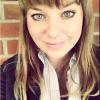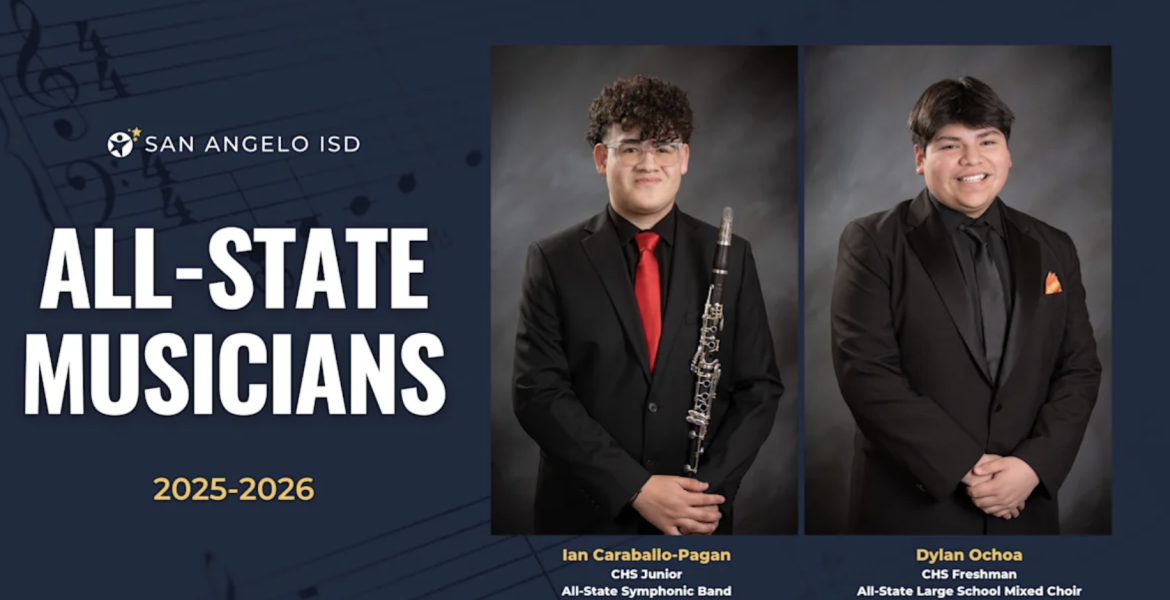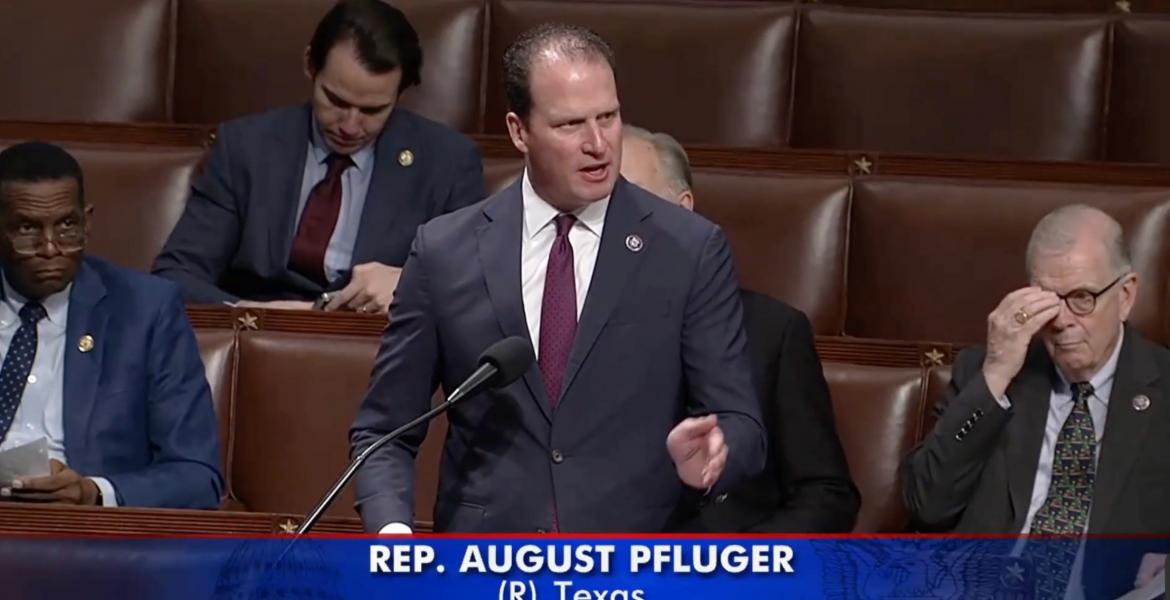When Sue Sorrells saw her name attached to a locker at the back of the cancer treatment center in October 2002, reality set in. She’d already undergone the shock of diagnosis, but recalls seeing that locker on the first day as really hitting home.
“The day I started my treatments, I’d already been in and I’d done all this pre-stuff and I went in and…I started to sit down,” she said, adding that she was then taken to the back of the center. “I went back there and there was my name on a locker. I thought, ‘Oh wow. I’m in this for the long haul’.”
Sorrells had been diagnosed with breast cancer in October, and the next couple of months proved arduous. She didn’t know what was ahead, but by Dec. 23, 2002, Sorrells received good news: she’d fought the battle and won.
In the year following her treatment, Sorrells underwent two additional surgeries when lumps were found during her six and 12 month check-ups, but for the past 11 years, she’s remained cancer-free.
Sorrells’ battle with cancer was both shocking and difficult, she said, and her life as a survivor is dramatically different than it was before. But it wasn’t negativity and sorrow Sorrell spoke of at Shannon Oncology and Cancer Treatment Center’s first Cancer Survivor’s Celebration Tuesday.
“Once you hear those three words, ‘you have cancer’, it changes your life forever,” Sorrells said. “But then when you get through it and you come back and see people like this that you know and you work with relay [for life], you increase the awareness that people have that there is life after cancer. You can make it through.”
Before she was diagnosed, Sorrells said, she had never been actively involved in awareness activities. After diagnosis and treatment, however, her life changed in many ways and she says that change has only been positive.
“[There are] people that I’ve met that I wouldn’t have if I hadn’t had cancer,” Sorrells said with a smile. “God puts people in your life for a reason, so I’ve got all these new people in my life. I volunteer at the American Cancer Society when I can, and Relay for Life, I volunteer for them. My family and friends] are closer. I’ve always had faith in God, and if it hadn’t been for my husband and God, I never would have gotten through it.”
Like Sorrells, another survivor present Tuesday expressed a change after her diagnosis. “If I’ve changed it’s that I still pray for patients,” former teacher and coach Beta Little said. “What matters is that without Him [God], nothing is possible. I think it drew me closer to knowing what life’s all about and what we mean to other people. It’s important that we stop and pay attention to what we know.”
Little was diagnosed with endometrial cancer in February 2011 that was later determined to be Stage 4 bone cancer. The diagnosis was severe and she remembers being told that she might not make it through. Having had a cancerous node removed in 1988, Little said her reaction was a bit different than most, but nonetheless, it was difficult.
“I wasn’t surprised,” she reflects. “Once you’ve had cancer…you’re kind of on guard all the time. I was upset, but probably not surprised. I was by myself—that was the hardest part of it—but I have real supportive sisters and of course they came immediately.”
After transferring to Dallas, Little underwent surgery and then started chemo and radiation, but soon got too sick to continue. Her doctor advised her to undergo two more experimental treatments and to then continue radiation, but Little wasn’t ready to start again. By early December 2011, she found out the tumor was gone.
“It was at Christmas and I thought, ‘What better gift,’” Little said. “My sister…she kept care pages (online)…and I remember she wrote on there, ‘Ladies and gentlemen, we’ve made a U-turn’. We were just ecstatic.”
During the months Little underwent treatment she spent a lot of time reading the Bible and contemplating the meaning of things. She said that in that period she learned a lot, and much of what she discovered she carries with her today.
“I’ve always heard that God tests us, and I thought, ‘I don’t think God is in the job of testing’, but I do know he gets our attention,” she said as tears welled in her eyes. “Not that I was a bad person—I was never one of those kids that caused trouble or anything, or even as a person, but sometimes you have to stop and wait and that’s what I learned to do in those months.”
The event held Tuesday at Shannon’s Medical Plaza was a first-year event organized by the Oncology and Cancer Treatment Centers, in conjunction with National Cancer Survivor’s Month. Event organizer and Regional Manager of the Cancer Treatment Center Misty Sonnenberg said she hopes to make the celebration an annual event.
“We always spread awareness of cancer, but it’s kind of after the fact,” Sonnenberg said. “No one ever really celebrates the survivors after they’re done with treatment, so we wanted them to be able to come out and have a day to not have to think about cancer and be able to celebrate it.”
Tens of survivors filtered into the center between 10 a.m. and noon on Tuesday, chatting with friends, doctors and patients as the nibbled on cake and refreshments provided event organizers. Those present appeared to appreciate the event, some even showing up a half-hour early to meet with others who have shared the experience.
“I think it is a very good thing just for the pride that some of these people must have for the fight that they went through,” Little said. “Every day is just a blessing when you’ve been on that side, when you’ve heard that big ‘C’ word. And there’s a reason. There’s a reason we’re here. And that’s to give other people courage, maybe. To not be afraid to speak up and be an encourager and give a testimony.”
An estimated 1.67 million new cases of cancer are expected to be diagnosed in the United States in 2014 alone. Multiple resources for cancer prevention and detection are available online and through numerous local agencies, and early detection is key.
Cancer survivor Sue Surrells offers the following advice: “Know your body. If there’s something, you need to get it checked out, and immediately. Better safe than sorry.”
In the Concho Valley, the Laura Bush Institute for Women provides free mammograms and breast services to women over 40 and those showing symptoms of cancer. To learn more about the program, click here.
Subscribe to the LIVE! Daily
Required






Post a comment to this article here: